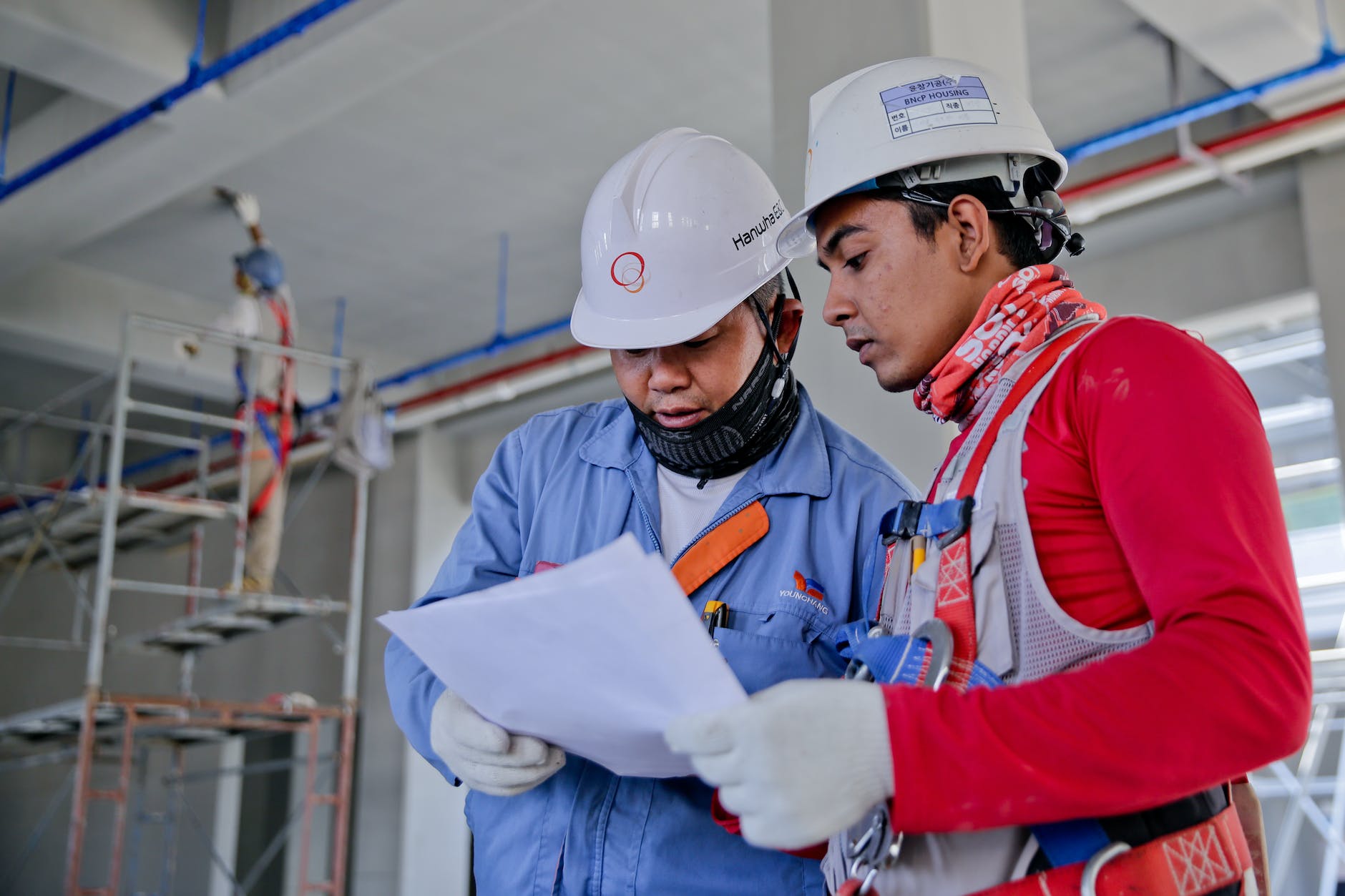
How to Become a Safety Engineer from a Safety Supervisor
Introduction
How to Become a Safety Engineer from a Safety Supervisor : In the realm of workplace safety, the transition from a Safety Supervisor to a Safety Engineer is a significant career advancement that many professionals aspire to achieve. While both roles are pivotal in ensuring the safety and well-being of employees, a Safety Engineer typically holds a more specialized and responsible position. This article will guide you through the steps and prerequisites necessary to make this career leap, providing valuable insights into the skills, education, and experience needed to succeed in the field of safety engineering.
Understanding the Role of a Safety Engineer
What Does a Safety Engineer Do?
Safety Engineers are responsible for designing and implementing safety protocols, systems, and measures to prevent accidents and ensure a safe working environment. They analyze workplace hazards, conduct risk assessments, and develop strategies to mitigate potential dangers.
Key Responsibilities of a Safety Engineer
- Conducting safety audits and inspections.
- Designing and implementing safety training programs.
- Collaborating with management to develop safety policies.
- Investigating workplace accidents and incidents.
- Ensuring compliance with safety regulations.
Education and Qualifications
Obtain a Bachelor’s Degree
To embark on the journey from Safety Supervisor to Safety Engineer, the first step is obtaining a bachelor’s degree in a related field. A degree in Occupational Health and Safety, Industrial Engineering, or a similar discipline is often required.
Pursue Advanced Education (Optional)
While not mandatory, obtaining a master’s degree in safety engineering or a related field can significantly enhance your career prospects and expertise.
Gaining Relevant Experience
Work as a Safety Supervisor
Before becoming a Safety Engineer, it is essential to gain hands-on experience as a Safety Supervisor. This role allows you to familiarize yourself with workplace safety procedures and regulations.
Seek Internships and Entry-Level Positions
Consider internships or entry-level positions that provide exposure to safety engineering tasks. This practical experience will be invaluable as you progress in your career.
Developing Essential Skills
Technical Proficiency
Safety Engineers should have a solid understanding of safety-related technologies and tools, such as risk assessment software and safety management systems.
Analytical Skills
The ability to analyze data and identify potential safety hazards is a crucial skill for a Safety Engineer.
Obtaining Certifications
Certified Safety Professional (CSP)
Consider pursuing a Certified Safety Professional (CSP) certification, which is highly respected in the field and demonstrates your commitment to safety excellence.
Other Relevant Certifications
Depending on your specialization, there are various certifications available, such as Certified Industrial Hygienist (CIH) or Certified Safety and Health Manager (CSHM).
Networking and Professional Development
Join Professional Organizations
Joining safety-related professional organizations can provide networking opportunities, access to resources, and a platform for staying updated on industry trends.
Attend Workshops and Conferences
Participating in workshops and conferences can help you expand your knowledge and connect with industry experts.
Conclusion
Transitioning from a Safety Supervisor to a Safety Engineer is a rewarding career move that requires dedication, education, and experience. By following the steps outlined in this guide, you can pave the way for a successful transition into the role of a Safety Engineer.
How Fresher Get Jobs as a Safety Officer After Nebosh IGC
FAQs
Q1: What is the typical salary range for a Safety Engineer?
A1: The salary of a Safety Engineer varies depending on factors such as location, experience, and industry. On average, they can earn between $60,000 to $100,000 per year.
Q2: Is a master’s degree necessary to become a Safety Engineer?
A2: While not mandatory, a master’s degree can enhance your qualifications and career prospects in safety engineering.
Q3: How long does it take to transition from a Safety Supervisor to a Safety Engineer?
A3: The timeline for this transition varies but typically involves several years of experience and education.
Q4: Can I specialize in a particular industry as a Safety Engineer?
A4: Yes, Safety Engineers can specialize in industries such as construction, manufacturing, healthcare, and more, based on your interests and career goals.
Q5: Are Safety Engineers in high demand?
A5: Yes, Safety Engineers are in demand across various industries as companies prioritize workplace safety and compliance with regulations.